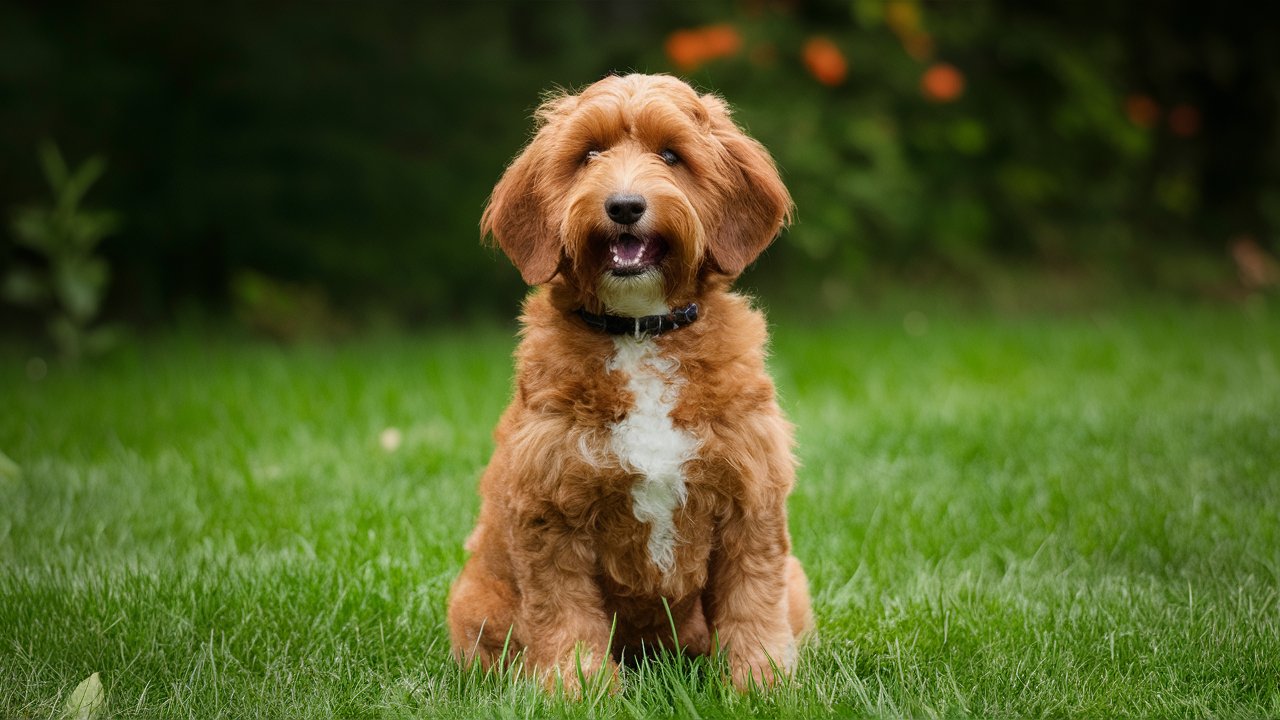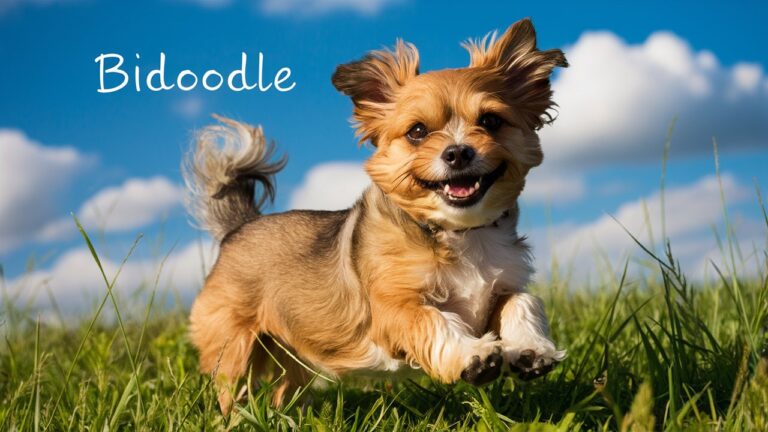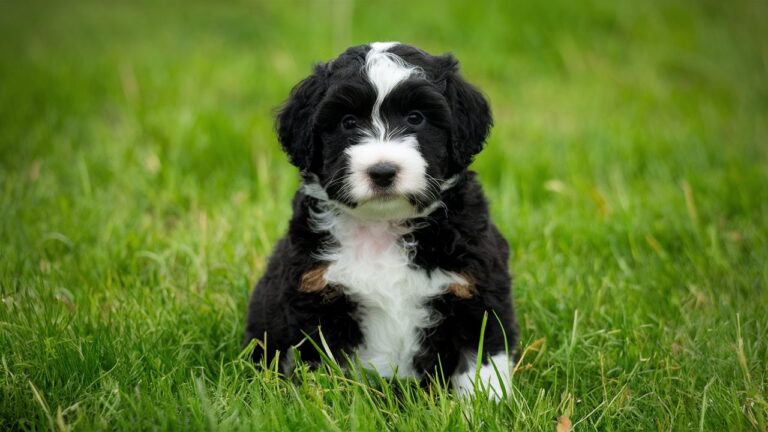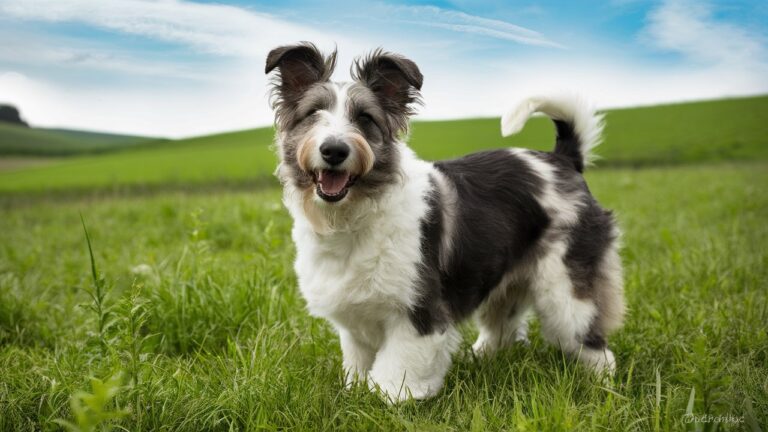100% Mini Goldendoodle: Irresistible Charm, Intelligence, and Care Tips
The Mini Goldendoodle, a delightful mix of the Golden Retriever and Miniature Poodle, has rapidly gained popularity as a family pet and companion dog. Known for their affectionate nature, intelligence, and hypoallergenic coat, Mini Goldendoodles are an excellent choice for many households. This article delves into the characteristics, care, and unique qualities of this breed, complemented by personal anecdotes to make the content engaging and relatable.
Origin and Characteristics

The Mini Goldendoodle originated in North America in the late 20th century, following the success of the larger Goldendoodle. Breeders aimed to create a smaller version that retained the desirable traits of its parent breeds: the Golden Retriever’s friendly temperament and the Miniature Poodle’s low-shedding coat. Typically, Mini Goldendoodles weigh between 15 to 35 pounds and stand about 13 to 20 inches tall at the shoulder.
Appearance: Mini Goldendoodles have a wavy or curly coat that can come in various colors, including cream, apricot, red, black, and chocolate. Their expressive eyes and friendly demeanor make them instantly endearing.
Temperament: These dogs are known for their gentle, affectionate, and social nature. They thrive on human interaction and are generally good with children and other pets.
Intelligence: Mini Goldendoodles inherit the intelligence of both parent breeds, making them highly trainable. They are quick learners and excel in obedience training and various dog sports.
Care and Maintenance
Grooming: One of the major attractions of the Mini Goldendoodle is its hypoallergenic coat. However, regular grooming is essential to prevent matting and maintain a healthy coat. Brushing a few times a week, along with regular baths and professional grooming every 6-8 weeks, is recommended.
Exercise: Despite their small size, Mini Goldendoodles are energetic and require regular exercise to stay healthy and happy. Daily walks, playtime, and mental stimulation through training or interactive toys are necessary to keep them engaged.
Diet: A balanced diet tailored to their size, age, and activity level is crucial. High-quality dog food, divided into two meals a day, is typically recommended. Regular check-ups with a veterinarian ensure they maintain a healthy weight and overall well-being.
Personal Anecdotes
To illustrate the charm and versatility of Mini Goldendoodles, let me share a story about my friend’s Mini Goldendoodle, Daisy. Daisy is a bundle of joy who quickly became the heart of their family. From the moment she was brought home, her friendly nature and eagerness to please were evident.
One of Daisy’s most endearing habits is her morning routine. Every day, she waits patiently by the window for the kids to come down for breakfast. As soon as she spots them, her tail wags furiously, and she greets each child with a loving nuzzle. This daily ritual has become a cherished part of their mornings, showcasing the Mini Goldendoodle’s affectionate nature.
Daisy is also incredibly intelligent. My friend decided to teach her a few tricks, starting with basic commands like sit, stay, and fetch. To their surprise, Daisy picked up these commands within days. Encouraged by her quick learning, they introduced more complex tricks, like rolling over and playing dead. Daisy mastered them all, proving the breed’s exceptional trainability.
Health and Lifespan

Mini Goldendoodles are generally healthy dogs with a lifespan of 12 to 15 years. However, like all breeds, they can be prone to specific health issues. It’s essential to be aware of these potential problems and ensure regular veterinary care.
Common Health Issues:
Hip Dysplasia: This genetic condition can affect both parent breeds and may be passed on to Mini Goldendoodles. Regular exercise and maintaining a healthy weight can help manage this condition.
Progressive Retinal Atrophy (PRA): This eye condition can lead to blindness. Regular eye check-ups are recommended.
Allergies: Some Mini Goldendoodles may be prone to skin allergies. Monitoring their diet and environment can help identify and manage allergens.
Why Choose a Mini Goldendoodle?
Adaptability: Mini Goldendoodles are incredibly adaptable, making them suitable for various living situations, including apartments and houses with yards. Their moderate size and friendly nature make them ideal for families, singles, and seniors alike.
Companionship: These dogs form strong bonds with their owners and thrive on companionship. They are known to be particularly sensitive to their owner’s emotions, often providing comfort and support during stressful times.
Therapy and Service Dogs: Due to their gentle disposition and intelligence, Mini Goldendoodles are often used as therapy and service dogs. Their ability to learn complex tasks and provide emotional support makes them valuable companions in various therapeutic settings.

Conclusion
This dog breed is a delightful breed that combines the best traits of the Golden Retriever and Miniature Poodle. Their friendly nature, intelligence, and hypoallergenic coat make them an excellent choice for many households. Regular grooming, proper exercise, and a balanced diet are essential to keep them healthy and happy.
With their adaptability and strong bond with humans, this breed make wonderful companions, bringing joy and affection to their families. Whether you’re looking for a loyal friend, a therapy dog, or a playful addition to your household, the Mini Goldendoodle is a breed worth considering.





